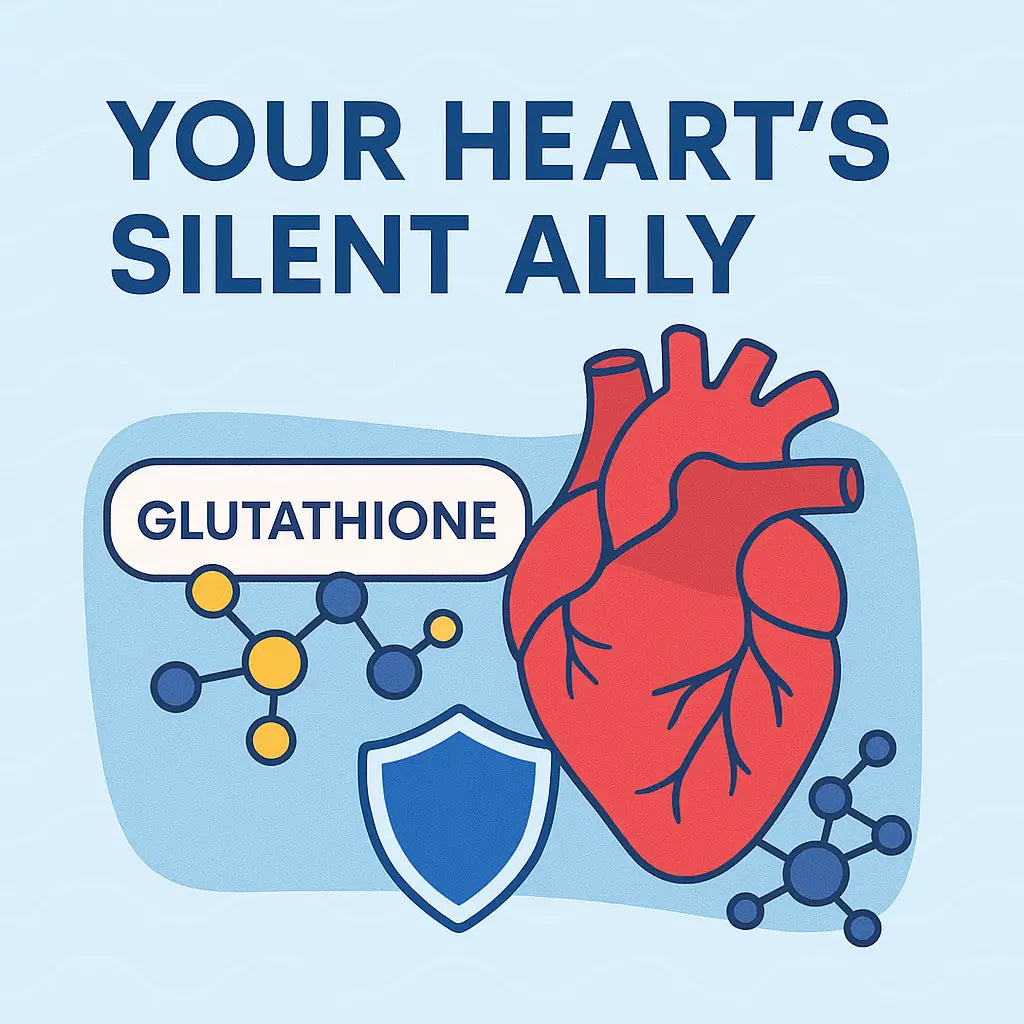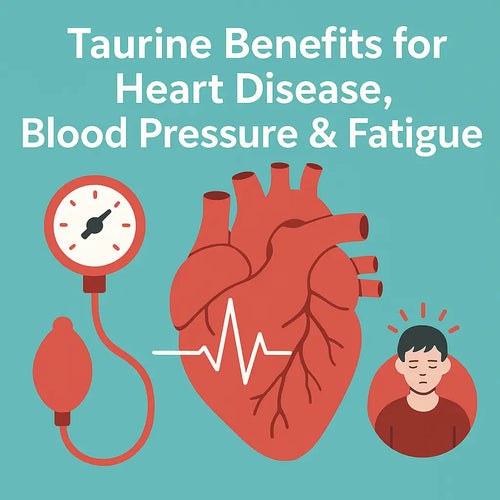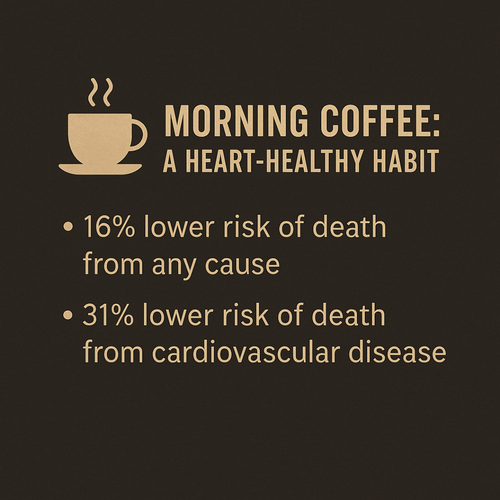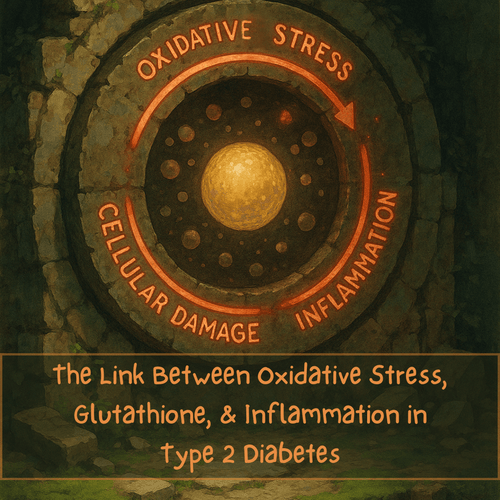
Heart disease is the #1 killer worldwide. We know that. But what most people don’t know is that there’s a powerful antioxidant inside your body — right now — that could be a game-changer in protecting your heart.
It’s called glutathione, and it’s about to become your new favorite word in health.
Let’s break it down in plain English.
What’s Really Behind Heart Disease?
We usually blame things like:
- Poor diet
- Lack of exercise
- High stress
Sure, these are major factors. But there’s something else happening behind the scenes — something silent and deadly: oxidative stress.
When your body produces too many harmful molecules (aka free radicals) like superoxide or hydrogen peroxide, they start damaging your cells — including the cells in your arteries and heart muscle.
The result? Inflammation, clogged arteries, and eventually, heart attacks or strokes.
Glutathione: The Unsung Hero
Glutathione (GSH) is a tiny molecule made up of just three amino acids. But don’t let its size fool you — it’s one of the most powerful antioxidants your body produces.
Think of it as your internal detox crew, constantly sweeping up toxic waste and keeping your cells healthy.
Here’s what makes it a superstar:
- Neutralizes dangerous molecules before they cause damage
- Supports other antioxidants (like Vitamin C and E)
- Helps repair and protect heart cells
Without enough glutathione? Your body can’t fight off oxidative stress effectively.
Why It Matters for Your Heart
Studies show that in many heart conditions — like high blood pressure or blocked arteries — there’s a huge increase in oxidative stress (Matuz-Mares D, et.al., 2021). Your heart is under attack at a microscopic level.
That’s where glutathione shines:
- It defends your heart from cellular damage
- It supports the regeneration of healthy tissue
- It slows down the inflammation that leads to cardiovascular disease
In short: The higher your glutathione levels, the better your heart can fight back.
How to Boost Glutathione (Naturally)
Here’s the good news: you can support your body’s glutathione production with a few smart lifestyle changes.
Start here:
- Eat cruciferous vegetables like broccoli, kale, and cauliflower (they’re rich in sulfur, a building block for glutathione)
- Consider this supplement: Liposomal Glutathione, a form of glutathione the body is able to use
- Get quality sleep and manage stress — both can help restore glutathione levels
Small changes, big impact.
Recommended Supplement: Liposomal Glutathione
To help support your antioxidant levels and protect your heart, consider Liposomal Glutathione by Pure Encapsulations — a supplement designed for optimal absorption and detoxification support.
Why Liposomal Glutathione?
- Supports antioxidant defenses and detoxification
- Offers the key antioxidant glutathione in a highly absorbable liposomal form
- Promotes liver health and protects cellular function
- Maintains healthy lipid metabolism and oxidative balance
Get started today with 5% off and free shipping by registering through this link and using practitioner code 473527:
👉 Register with Pure Encapsulations
Bottom Line: Glutathione = Heart Protection
We often think of heart disease as something that hits you out of nowhere. But in reality, it builds up over time — and oxidative stress is a huge part of the story.
Glutathione isn’t just another buzzword. It’s a crucial piece of your heart health puzzle. By boosting this powerful antioxidant, you're helping your heart defend itself from within.
So if you’re serious about preventing heart disease, don’t just focus on food and fitness.
Start thinking at the cellular level. Start thinking glutathione.
Reference
Matuz-Mares D, Riveros-Rosas H, Vilchis-Landeros MM, Vázquez-Meza H. Glutathione Participation in the Prevention of Cardiovascular Diseases. Antioxidants (Basel). 2021 Jul 29;10(8):1220. doi: 10.3390/antiox10081220. PMID: 34439468; PMCID: PMC8389000.









